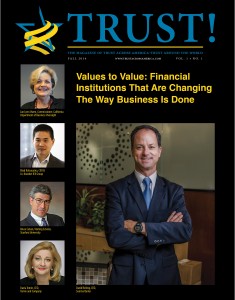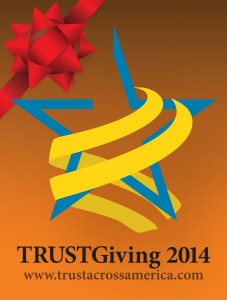There’s nothing more destructive to trust than deceit, and nothing more constructive than candor.
Jim Kouzes & Barry Posner, The Leadership Challenge
(from Trust Across America’s Weekly Reflections on Trust 2014)
Organizational Trust this Week is a new feature beginning with the “Good”, moving through the “Debatable” and occasionally ending with the “Ugly.” Each story contains a trust component and at least one lesson for organizations seeking to make trust a business imperative.
THE GOOD
7 Essentials for Leaders to Develop Trust (starting with confidence)
Idaho comes down hard on trust violations. Maybe they should change their motto from the “Gem State” to the “Trust State.”
What does the Torah say about trust? A Rabbi’s message
THE DEBATABLE
Just hire the Ex-Con with the shortest rap sheet! Apparently Wells Fargo is the best of the worst!
Sorry, but integrity cannot be regulated!
THE UGLY
CEO Apologies? Really? More Uber weirdness.
OUR MOST POPULAR POST THIS WEEK
And finally, Trust Across America-Trust Around the World’s most popular post on LinkedIn Pulse this week. Sometimes saying “No” is better than saying “Yes.” Send us your stories for consideration in future editions of Organizational Trust this Week: barbara@trustacrossamerica.com
Barbara Brooks Kimmel is the Executive Director of Trust Across America-Trust Around the World whose mission is to help organizations build trust. She is also the editor of the award winning TRUST INC. book series and the Executive Editor of TRUST! Magazine. In 2012 Barbara was named “One of 25 Women Changing the World” by Good Business International.
Nominations are now being accepted for Trust Across America-Trust Around the World’s 5th annual Global Top Thought Leaders in Trustworthy Business.
Our brand new magazine TRUST! makes the case that in Financial Services, Industry is NOT Destiny
We will be publishing our third book at the end of November.
Coming Soon!
Should you wish to communicate directly with Barbara, drop her a note at Barbara@trustacrossamerica.com
Copyright 2014 Next Decade, Inc.







Recent Comments